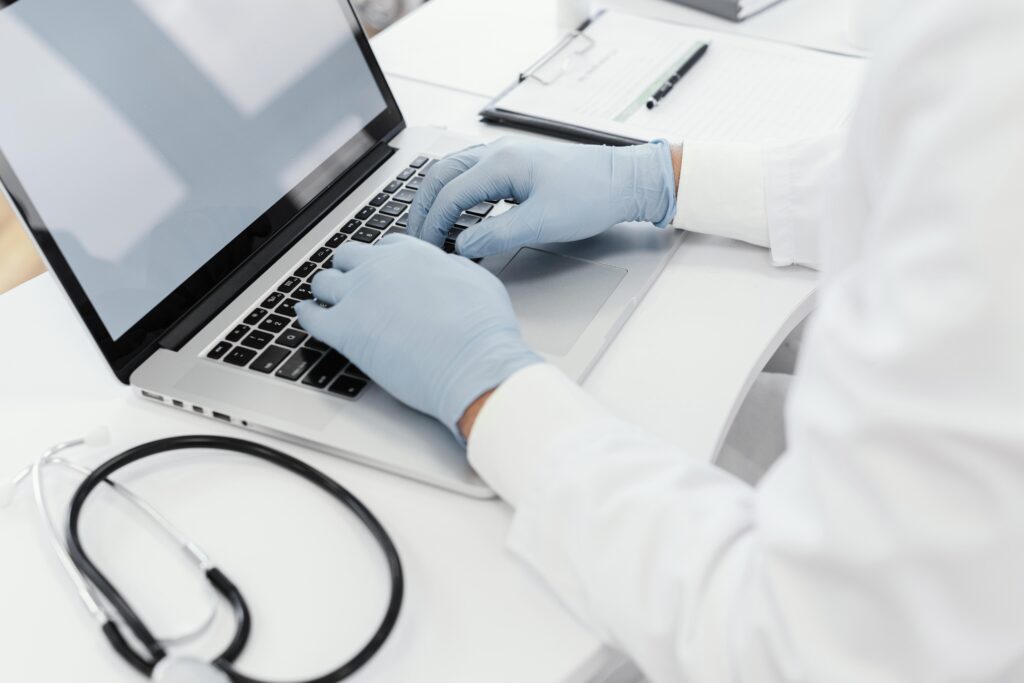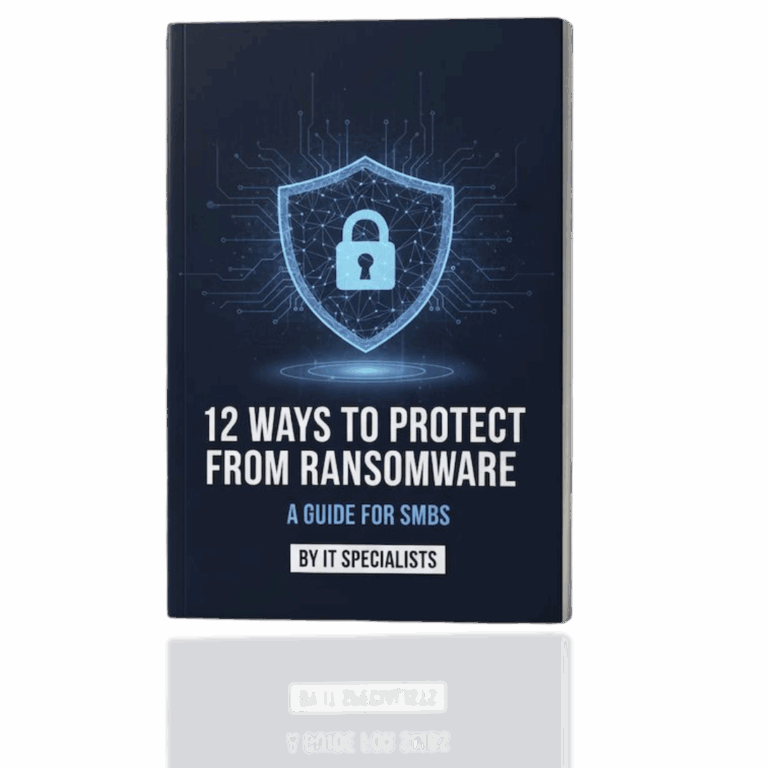Cybersecurity encompasses a range of technologies designed to protect digital information. Threats originate from unauthorized access and internal errors, leading to heightened risks that hackers exploit. The healthcare sector is increasingly targeted by cybercriminals who have learned to breach inadequately protected data. This includes data sharing, digital health records, and medical devices that transmit data to hospital systems without securing it during transit.
Healthcare Computer Security
Health informatics enhances the efficiency of healthcare processes. However, the risk of cyber attacks makes technology less reliable than it could be. Healthcare professionals depend on technology to retrieve, send, and share medical data. Consequently, every healthcare organization must invest in solutions that protect data without hindering access to technology essential for saving lives.
How Has the Digital Revolution Transformed Healthcare?
In the past, doctors had to spend limited time with patients due to extensive paperwork. The digital revolution has alleviated this issue. With fewer handwritten notes and more direct input into electronic patient files, the burden of paperwork and the time spent on it have significantly reduced.
This advancement is crucial as the global population grows and healthcare data security becomes increasingly challenging. Cybersecurity in healthcare must secure networks and databases without slowing down the provision of efficient care.
Does Cybersecurity in Healthcare Save Money?
Cybersecurity saves the healthcare industry millions of dollars. Over the past two decades, the industry has grown rapidly. Healthcare providers now handle many more patients in an 8-hour shift than they did in a 12-hour one, primarily due to the reduced paper trail enabled by digital technology.
Cloud-based computing allows providers to share information with patients, colleagues, and other departments in seconds. Simultaneously, securely storing and accessing patient data has become more manageable.

How Important Is Cybersecurity to Patients?
Patients have the most at stake when it comes to cybersecurity. Their data, privacy, and potentially their health are at risk. Hackers leak private information on the dark web, leading to identity theft, Medicare fraud, and other crimes. Advanced cybersecurity enables medical professionals to ensure patient privacy and peace of mind, while also preventing legal issues related to breached patient data.
Healthcare practices face challenges due to numerous endpoints in the system, including Internet of Things (IoT) devices that feed data into the network. Tablets, in particular, pose a vulnerability as they contain or access patient health records. Regardless of how much administrators secure the network, a single outdated device can expose the healthcare provider to an attack.
What’s the Cost of Leaked Patient Data?
Healthcare providers must protect their practice and their patients. Robust cybersecurity is necessary to prevent the leaking of patient data. When information is leaked, legal costs can escalate, potentially bankrupting a practice or provider.
What Improvements Are Needed?
Healthcare organizations can take the following steps to secure their data:
- Patch systems according to system and application vendor recommendations
- Open only necessary ports
- Scan systems to identify vulnerabilities
- Prioritize system vulnerabilities based on risk severity
- Enable SSL certificates and test to ensure they function correctly




